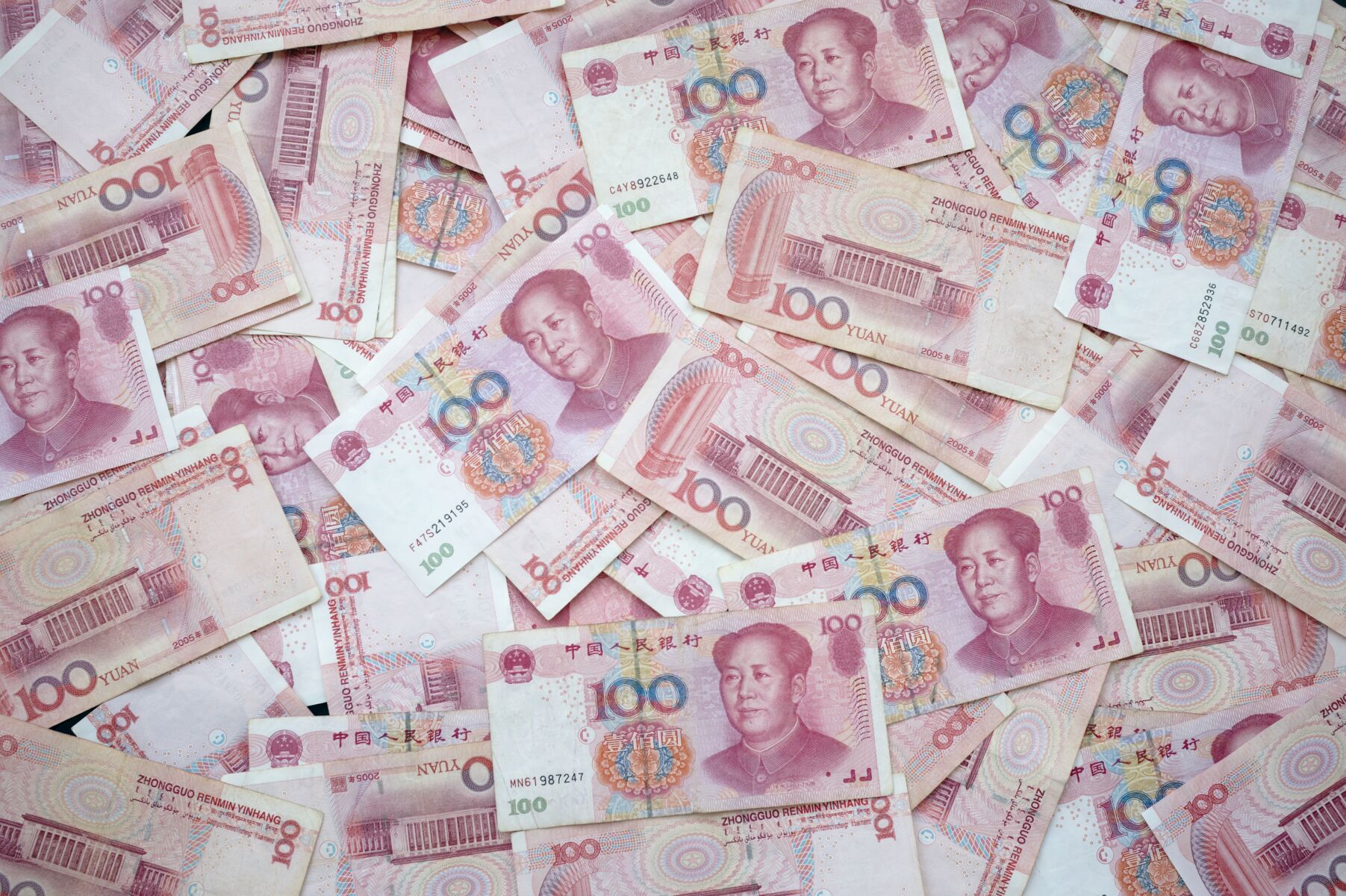China increasingly uses yuan for trade with Russia, sidelining the dollar

China has significantly raised its use of the yuan for purchasing Russian commodities in the past year, with almost all its procurement of oil, coal, and some metals from the neighbouring country now settled in the Chinese currency instead of US dollars, multiple trading executives with direct knowledge of the situation have revealed. The shift towards using the yuan to pay for much of the approximately US$88 billion commodities trade comes after the Ukraine conflict, potentially speeding up China’s attempts to internationalise its currency at the expense of the dollar.
In March, the yuan – also known as the renminbi – overtook the dollar as the most widely used currency for cross-border transactions in China, according to official data. However, its worldwide share as a payment currency remains small at 2.5%, as per SWIFT, compared to the dollar at 39.4% and the euro at 35.8%.
Chi Lo, a senior investment strategist at BNP Paribas Asset Management in Hong Kong, anticipates a long-term “snowball effect” as more countries join the “RMB bloc” to minimise risks associated with dollar exposure. “This is a very long-term development stretching into the coming two or three decades,” Chi Lo said.
As Western buyers have avoided purchasing Russian products due to mounting sanctions following Moscow’s invasion of Ukraine, Chinese buyers have found the opportunity to acquire discounted crude oil, coal, and aluminium, increasing 2022 commodity imports from Russia by 52% in value terms. This saved China billions of dollars while its economy struggled with COVID lockdowns, with procurement set to grow this year as China’s economy recovers.
With nearly all of China’s oil imports from Russia, mostly crude but also smaller quantities of fuel oil, now settled in yuan, it has boosted the overall usage of the yuan. Switching to the Chinese currency started in April 2022 after key Russian banks were removed from SWIFT.
While yuan usage has been gaining momentum globally, the transition to the Chinese currency has not always been smooth. State energy company CNPC was concerned last year that its import of piped gas from Russia’s Gazprom could be impacted as Chinese lenders ICBC and Bank of China looked to exit the business, fearing secondary sanctions. However, the Bank of Communications took over and shifted to pay in yuan, resolving the issue.
As China continues to step up its use of the yuan for commodity payments, the internationalisation of the Chinese currency along with the country’s influence in the global market may be set for significant growth in the coming decades, reports Channel News Asia.
Latest Thailand News
Follow The Thaiger on Google News:


























